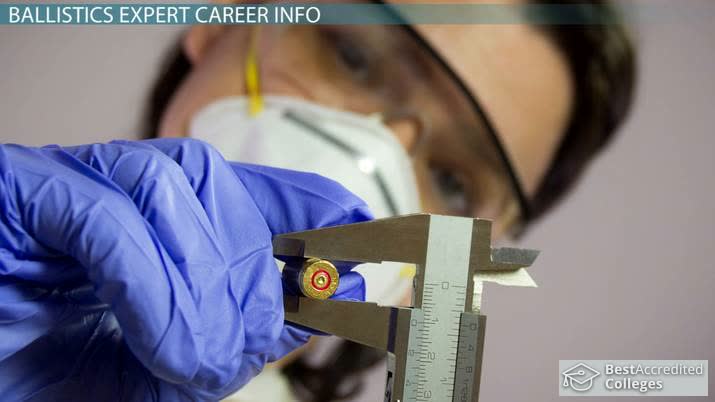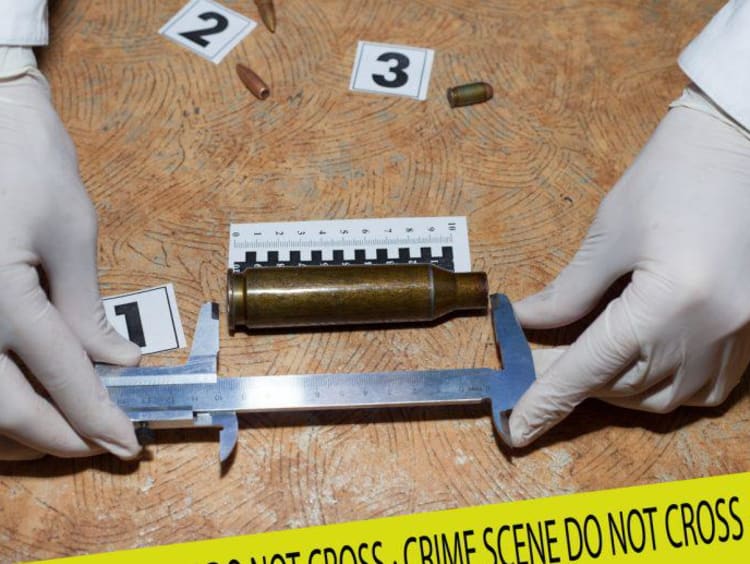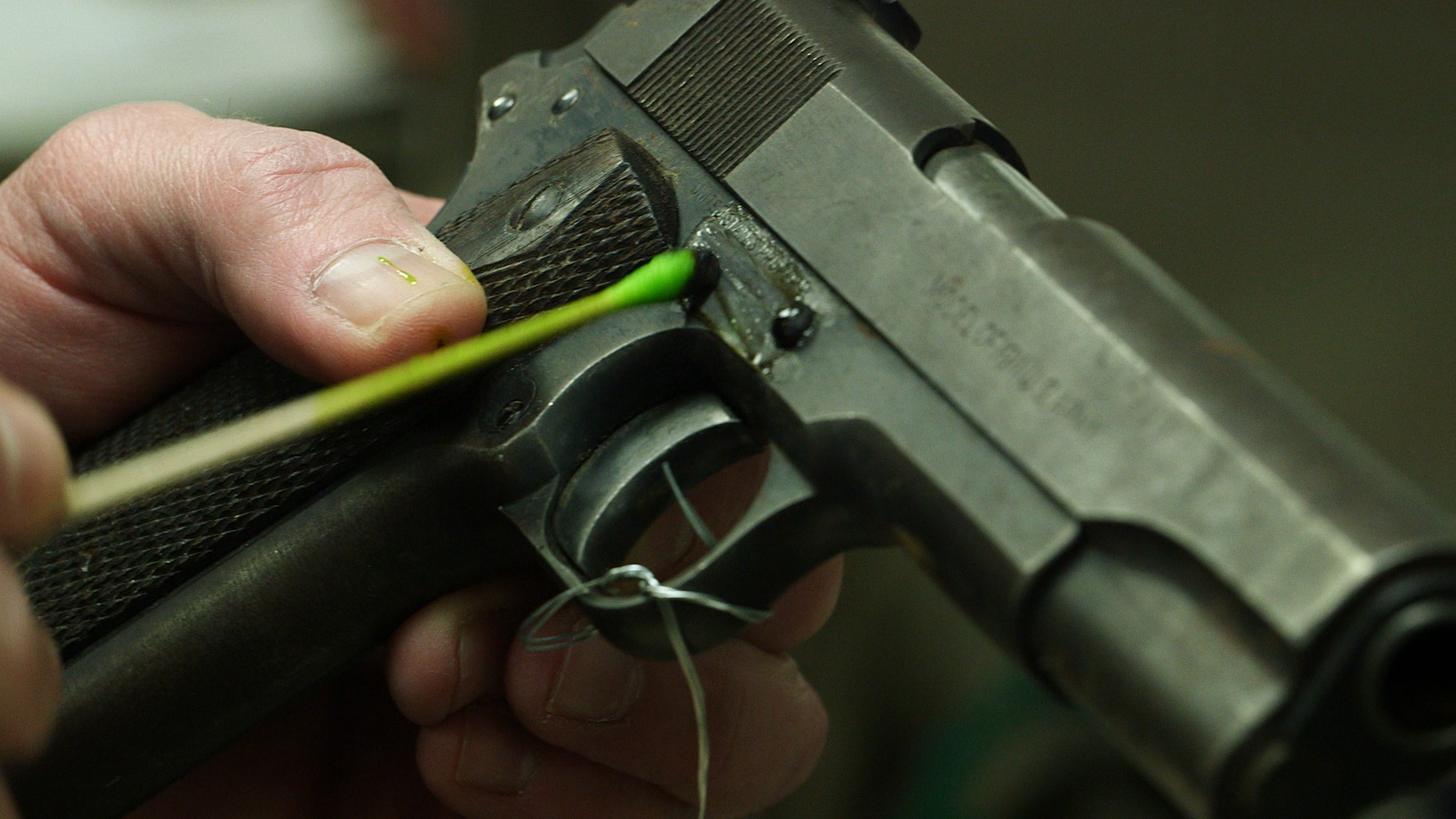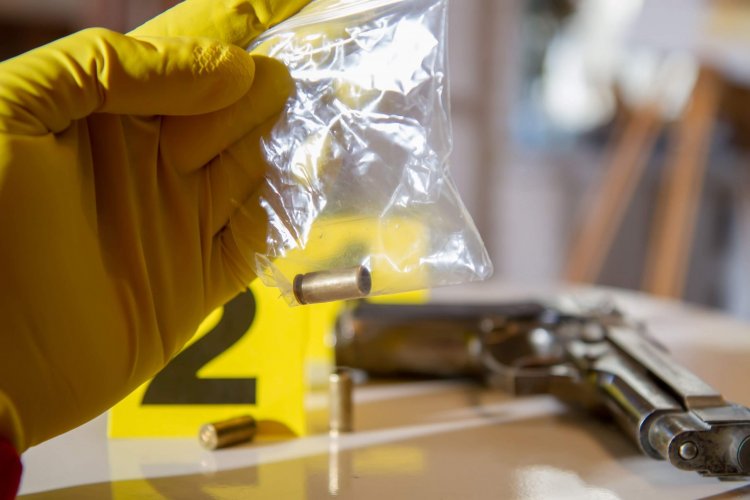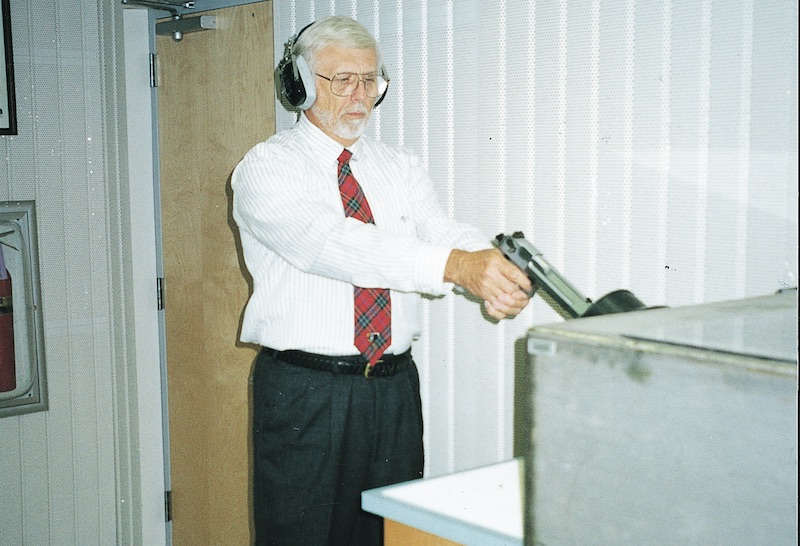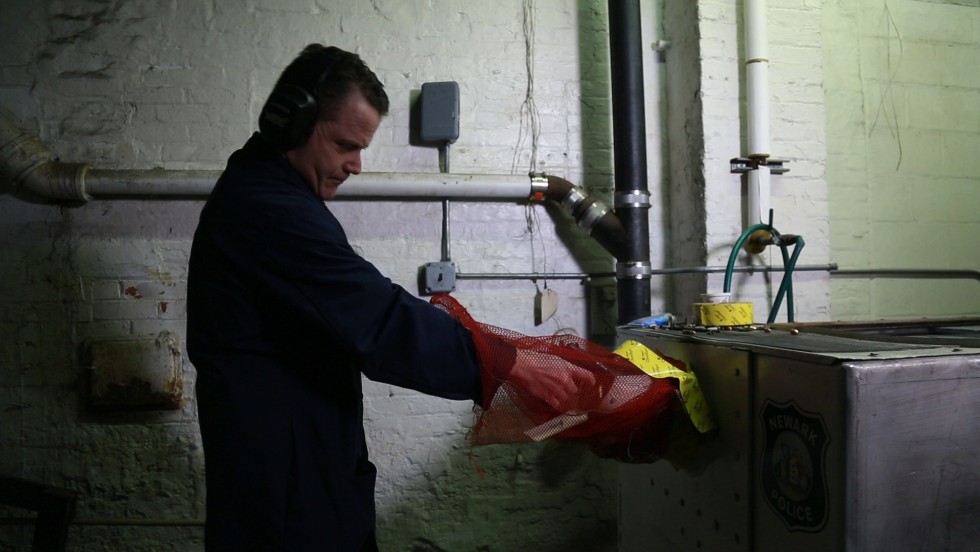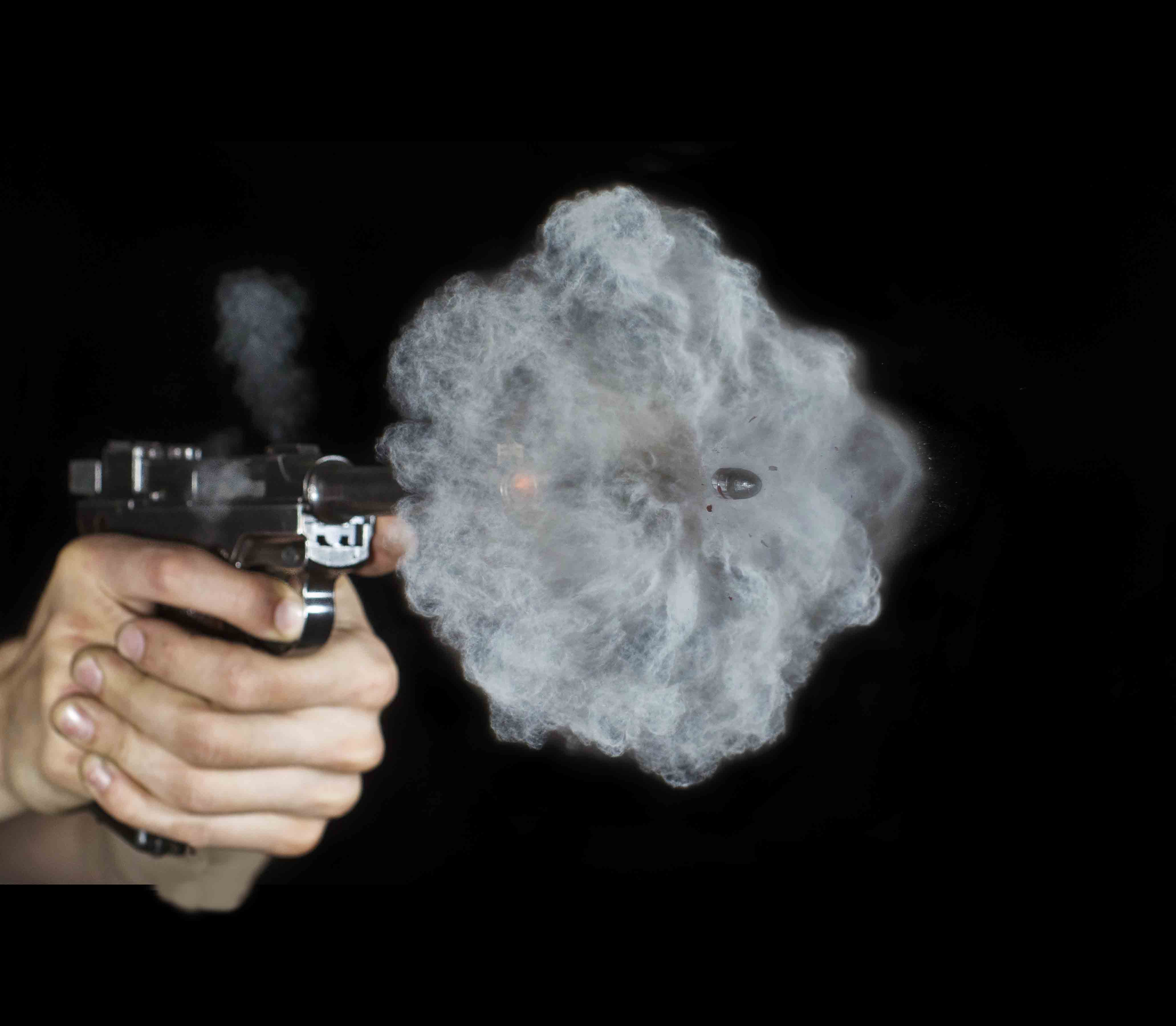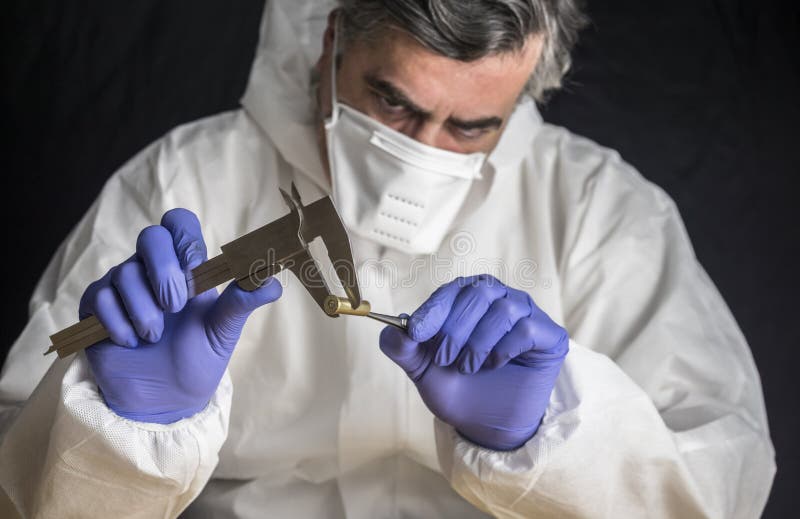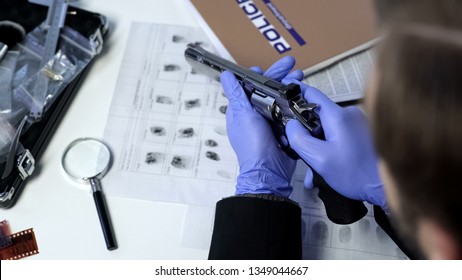Real Tips About How To Be A Ballistics Expert

Some ballistics professionals are specialists in forensic science, biology, chemistry or physics;
How to be a ballistics expert. These forensic science technicians generally hold a bachelor’s degree or higher in forensic science or. The study of ballistics is the study of motion, dynamics, angular movement, and effects of projectile units such as bullets, bombs, and missiles. After comparing the bullets, the.
Ballistics experts are among the most highly trained forensic scientists. A ballistics expert is a forensic specialist known professionally as a firearm and toolmark examiner trained in the area of criminal justice but with a focus on ballistics and firearms. Since ballistics is typically considered a forensic science, most of these experts have at least an undergraduate degree in natural/forensic sciences.
If you're interested in becoming a forensic ballistics expert, one of the first things to consider is how much education you need. Analyze guns and weapons used to commit crimes; How to get the ballistics expert treatment for yourledge loading a gun with aika ammo takes a specialballistics expert.
Here’s what you can expect to do if you become a ballistics expert: We've determined that 44.0% of forensic ballistics. You can use either of two terms;
When shooting at 5 or 6 yards, the bullet must travel at. Forensic firearms examiner or forensic. Requirements to become ballistic expert to become a ballistic expert, one must have a bachelor’s degree in the field of forensic science or another in a related field such as.
In addition to a college education, ballistics experts must undergo extensive training and maintain a strong working knowledge of all areas related to ballistics, such as. Ballistics experts may examine a crime scene themselves, or they may simply analyze evidence. Analyze powder markings and bullet holes at the crime scene;
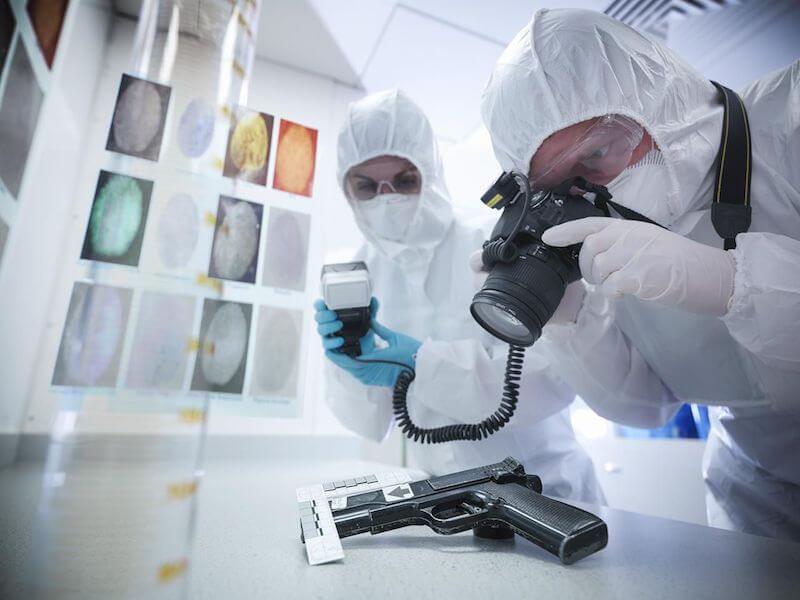
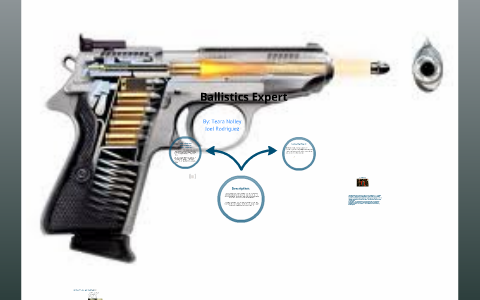
/forensics-officer-using-swab-to-collect-evidence-from-broken-window-585288119-5b40e51fc9e77c00375f1910.jpg)

